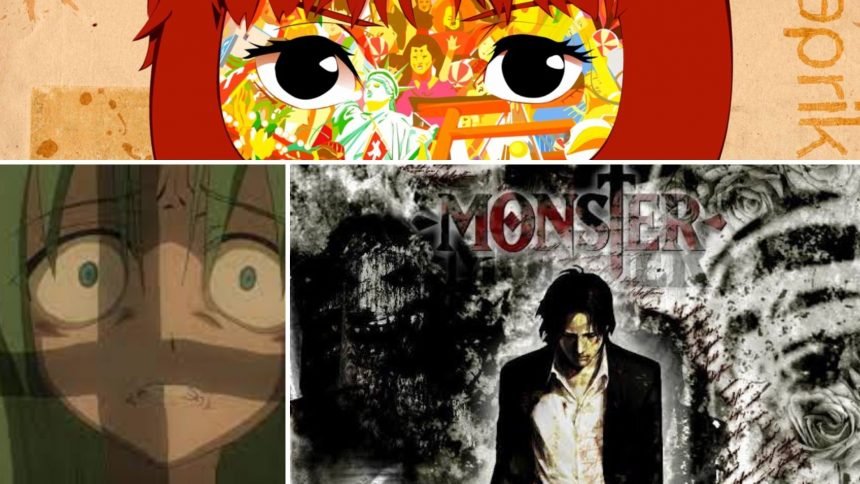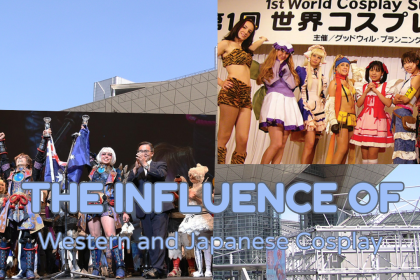Anime, the popular form of Japanese animation, has garnered a massive following worldwide due to its captivating storytelling, vibrant visuals, and diverse characters. However, beneath the surface of its colorful and fantastical worlds, anime often delves into deep psychological themes that resonate with viewers on a profound level. In this article, we will explore the psychological themes present in anime, discuss their impact on viewers, examine potential criticisms, and highlight how anime can address these themes responsibly.
Understanding Psychological Themes in Anime
The Power of Storytelling in Anime
Anime has a unique ability to weave intricate and thought-provoking narratives that explore the human psyche. Through its compelling storytelling techniques, anime creators can delve into complex psychological themes that captivate and engage viewers. Whether it’s the examination of identity, the exploration of trauma, or the contemplation of existential questions, anime offers a platform for profound introspection and emotional connection.
Psychological Depth in Character Development
One of the strengths of anime lies in its ability to develop multi-dimensional characters with intricate psychological profiles. These characters often face internal struggles, grapple with their emotions, and undergo personal growth throughout the series. By portraying the complexities of human nature, anime provides a rich tapestry of psychological themes, allowing viewers to relate to and empathize with the characters on a deep level.
Further Readings: Jigoku Shojo: Building The Intense Horror and Supernatural Through Anime
Common Psychological Themes in Anime
Identity and Self-Discovery
Many anime series explore themes of identity and self-discovery, following characters on journeys of self-realization and acceptance. These narratives often delve into the struggles of finding one’s place in the world, grappling with personal flaws, and embracing one’s true self. By portraying these themes, anime encourages viewers to reflect on their own identities and embark on their own paths of self-discovery.
Trauma and Healing in Psychological Anime
Another prevalent psychological theme in anime is the exploration of trauma and the healing process. Characters in anime frequently face past traumas, whether it be the loss of loved ones, abuse, or other emotional scars. Through their journeys of healing, anime provides narratives of resilience, personal growth, and the power of human connection.
Existentialism and Purpose
Anime often tackles existential questions and explores the search for meaning and purpose in life. Characters may question their existence, grapple with their beliefs, and contemplate the nature of reality. By delving into these philosophical themes, anime prompts viewers to ponder their own existence and contemplate the deeper aspects of life.
Love and Relationships
Love and relationships are recurring psychological themes in anime. Whether it’s the exploration of different types of love, the complexities of romantic relationships, or the bonds of friendship, anime portrays the intricacies of human connections. Through these narratives, viewers can reflect on their own experiences with love, relationships, and the dynamics of human interaction.
Impact of Psychological Anime on Viewers
Emotional Resonance and Empathy
One of the significant impacts of psychological themes in anime is the emotional resonance they create within viewers. Through the portrayal of relatable struggles and emotions, anime elicits empathy and a deep emotional connection. Viewers often find themselves invested in the characters’ journeys, experiencing a range of emotions alongside them. This emotional resonance allows viewers to develop a better understanding of their own feelings and the experiences of others.
Reflection and Self-Exploration
Anime’s exploration of psychological themes encourages viewers to engage in introspection and self-reflection. As they witness characters undergo personal growth and confront their inner demons, viewers may find themselves contemplating their own lives, beliefs, and values. This introspection can lead to personal insights, self-discovery, and a deeper understanding of one’s own psychological landscape.
Catharsis and Healing
Engaging with psychological themes in anime can provide a cathartic experience for viewers. By witnessing characters overcome challenges, confront their traumas, and find healing, viewers may find solace and inspiration in their own lives. Anime can serve as a source of hope, offering a reminder that healing and growth are possible, even in the face of adversity.
Criticism and Controversies of Psychological Anime
Misrepresentation of Mental Health Issues
While anime explores psychological themes, there have been instances where mental health issues are misrepresented or sensationalized. Some critics argue that certain portrayals of mental illnesses in anime may perpetuate stereotypes or inaccurately depict the complexities of these conditions. It is important for anime creators to approach such themes with sensitivity, research, and a commitment to portraying mental health issues responsibly.
Glamorization of Unhealthy Behaviors
Another criticism leveled at anime is the glamorization of unhealthy behaviors, such as self-destructive tendencies or toxic relationships. While these themes can add dramatic tension to a story, there is a concern that impressionable viewers may romanticize or emulate these behaviors. It is crucial for anime to strike a balance between storytelling and responsible portrayal, avoiding the glorification of harmful actions.
How Anime Addresses Psychological Themes Responsibly
Awareness and Education
To address the criticism and controversies surrounding psychological themes, anime creators can prioritize awareness and education. By consulting mental health professionals or conducting research, creators can develop a deeper understanding of psychological issues and portray them accurately. Additionally, including disclaimers or providing resources for viewers to seek help can contribute to responsible storytelling.
Promoting Mental Health Awareness
Anime has the potential to promote mental health awareness. By incorporating positive representations of therapy, seeking help, and fostering supportive communities. By portraying characters who actively address their mental well-being and encouraging open discussions around mental health, anime can play a role in reducing stigma and empowering viewers to prioritize their mental health.
Conclusion
Anime’s exploration of psychological themes makes it a powerful medium for storytelling and self-reflection. Through its compelling narratives and multi-dimensional characters, anime delves into identity. Trauma, existentialism, and relationships, resonating with viewers on an emotional level. While there are criticisms regarding the portrayal of mental health issues. Anime has the opportunity to address these themes responsibly, promoting awareness, and fostering positive discussions. By embracing the psychological depth of anime, viewers can embark on journeys of self-discovery, empathy, and personal growth.













